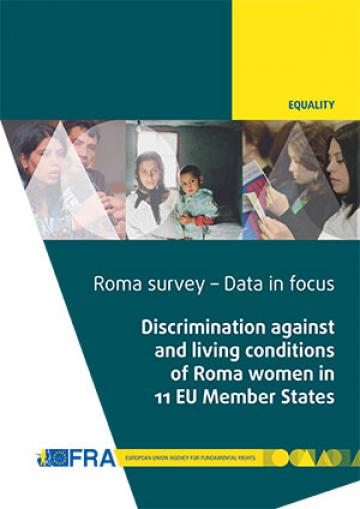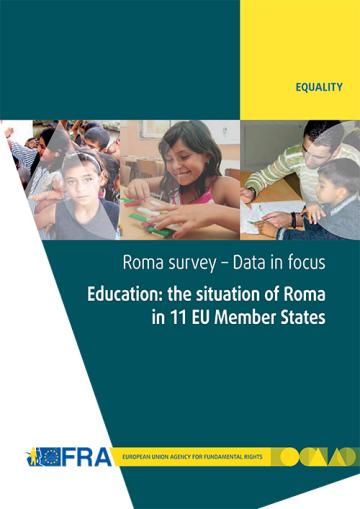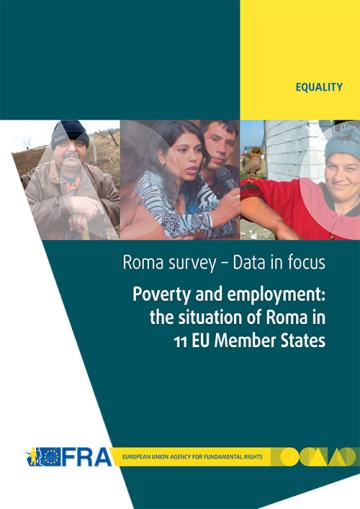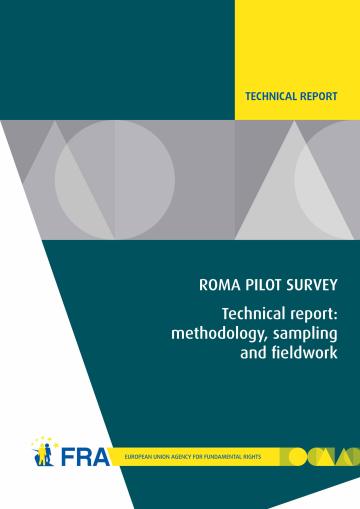
Discrimination against and living conditions of Roma women in 11 EU Member States
It found that while the ethnic gap between Roma and non-Roma yawns wide in key areas of life – education, employment, health and experiences of discrimination – the situation for Roma women is worse. In educational attainment, for example, 23 % of the Roma women surveyed say they cannot read or write and 19 % never went to school.
The EU’s growth strategy for the coming decade – Europe 2020 – aims to create a smart, sustainable and inclusive economy. The Roma have been identified as a group at particular risk, one which needs to be targeted if inclusive growth and social cohesion are to be achieved. To reach these ambitious goals, it is imperative to empower, enhance the social inclusion and expand the opportunities of Roma women.
Improving Roma women’s educational attainment, enhancing their access and employment prospects, ensuring access to health facilities and tackling discrimination are a key test of the EU’s ability to create a more inclusive environment for all extremely marginalised groups. To support these efforts, FRA will continue its work testing novel community-level approaches and generating evidence of the changes taking place on the ground.


